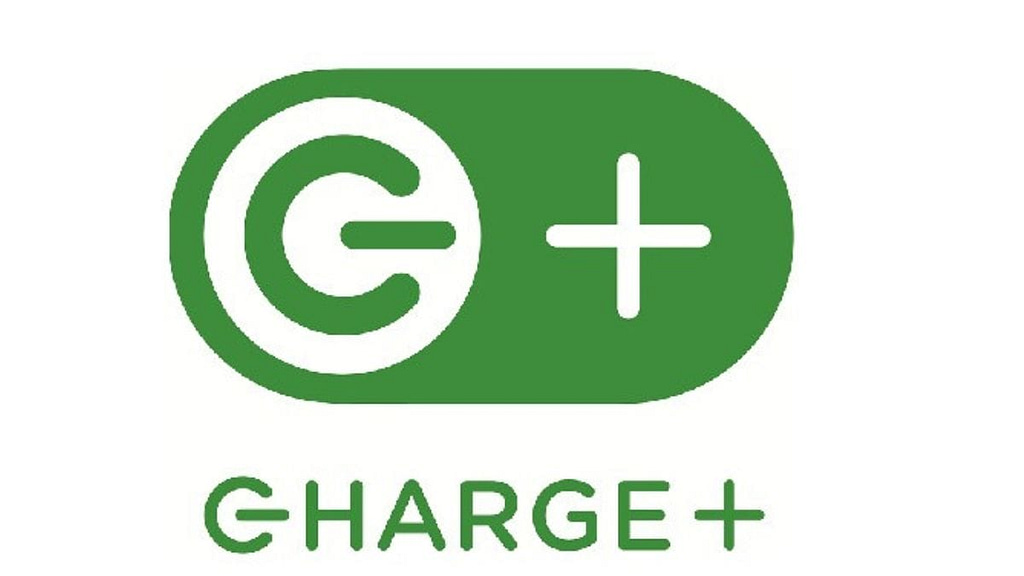New Delhi: Charge+, an electric vehicle (EV) charging solutions provider, has announced its plans to develop a 5,000 km long EV charging highway with 45 direct current (DC) fast-charging stations across five countries in South-east Asia. These countries include Singapore, Thailand, Cambodia, Malaysia, and Vietnam. According to the green mobility unit of Sunseap Group, the charging highway will be the longest in the region, and one of the longest of its kind in the world.
The charging stations will be located an average of 120 km apart and will either be directly on the highway or less than 2 km from interchanges. Charge+ has confirmed that 18 out of the 45 planned charging locations will be operational in the first phase of its project. In this phase, Charge+ will invest in, own, and operate the charging stations. These charging stations are expected to be operational by the end of 2024. The remaining 27 charging stations are expected to be ready by the end of 2025.
The charging stations will be owned by Charge+ as well as the company’s strategic partners, which have allowed the company to roam with them. This essentially means that Charge+ app users will be able to access the partners’ EV charging network. One of Charge+’s newest strategic partners is Thai state-owned enterprise Egat. Egat will provide a site in Thap Sakae, which is about 320 km south of Bangkok, for Charge+ to set up a DC charging station. Egat will also partner with Charge+ on roaming, allowing Charge+ app users to access Egat charging stations in Thailand.
Charge+ expects that its upcoming highway charging project will help to address concerns over the suitability of EVs for long-distance and cross-border usage due to a lack of charging infrastructure, particularly in more remote areas. Chief executive Goh Chee Kiong believes that the charging highway will “revolutionize societal perception of EVs” in South-east Asia. The planned charging stations along the highway, coupled with the Charge+ mobile application, will “provide EV drivers with cross-border convenience and boost overall confidence in the transition to EVs as the eventual primary mode of land transport in South-east Asia,” said the company.










